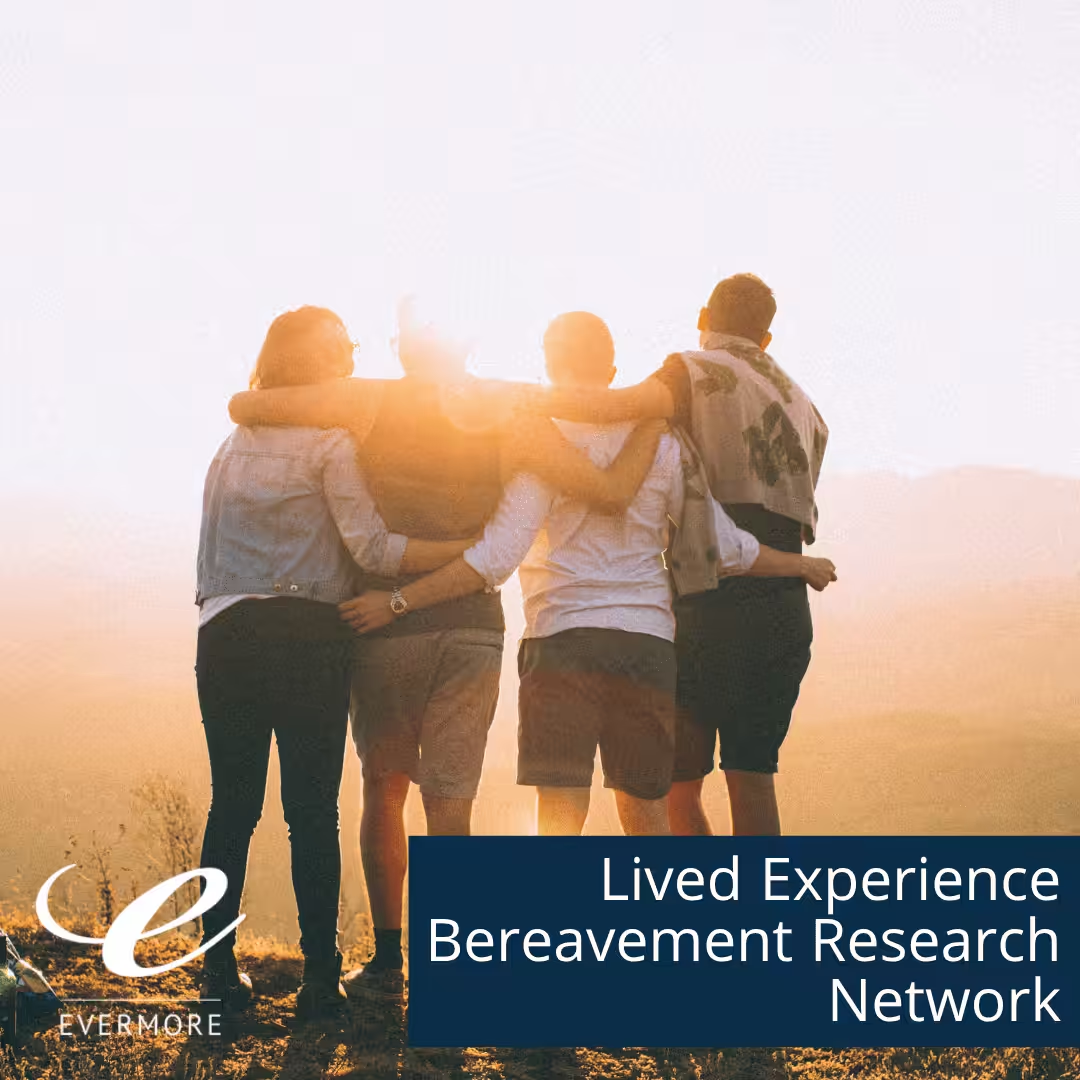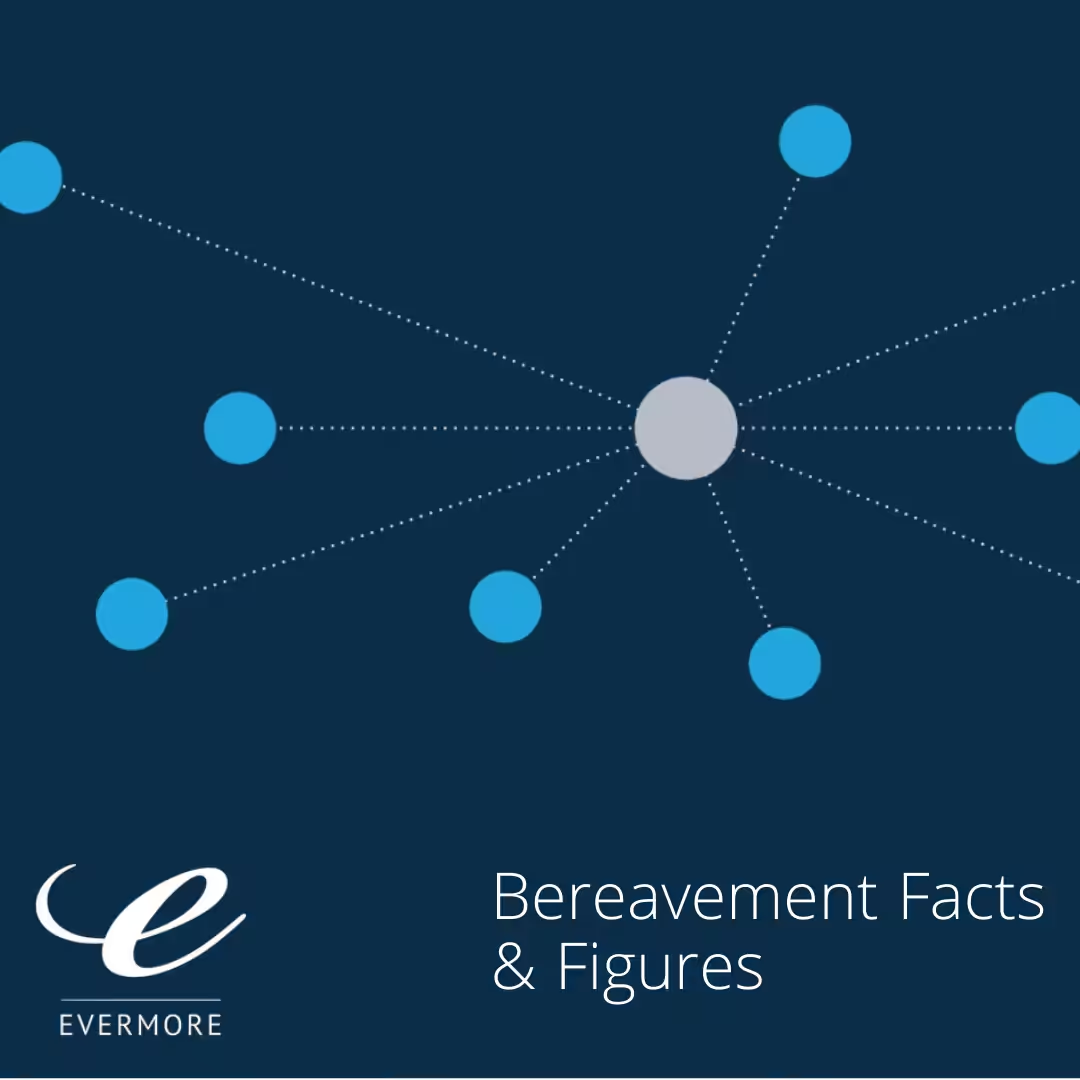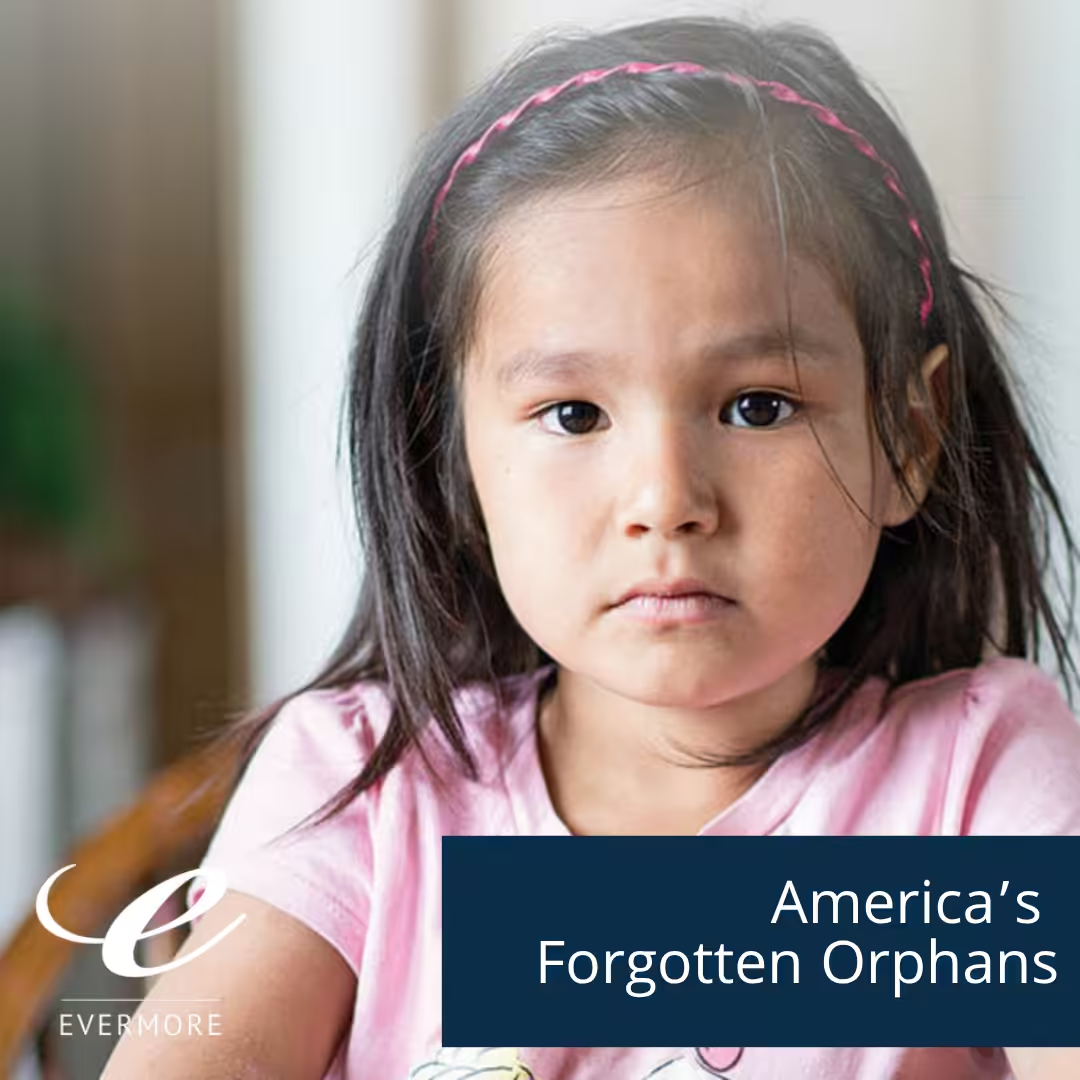Losing a loved one is not simply a distressing mental health event — it threatens the lives, health, stability, and productivity of individuals, families, and communities.
Losing a loved one is not simply a distressing mental health event — it threatens the lives, health, stability, and productivity of individuals, families, and communities. Within the first two years of a death event (or the acute bereavement period), most individuals will present emotional distress, with a few experiencing severe distress requiring intervention by skilled experts. Nonetheless, the implications of losing a loved one are not acknowledged as a severe health event that alters the life course.
Bereavement itself is a major life event that not only causes emotional distress, but also changes the trajectory and outcomes of the bereaved. Supporting people from devastating medical, financial, and social outcomes requires an evidence-based, qualified, professional response from every provider or professional that touches the family, including law enforcement, child welfare, medical professionals, funeral homes, employers, clergy, and schools.
We can reimagine a tomorrow where families from every color and every walk of life, religion or socioeconomic status, have access to innovative programs and tools that support functional coping and adaptive processing; where the professionals who serve families – whether first responders or HR directors – have the resources in place and know how to help. Now is the time for a social paradigm shift where bereavement care is the rule, not the exception.
Each month, Evermore brings you a brief synthesis of major studies related to grief and bereavement.
Our science newsletter provides a short description of the most recent and significant research papers on grief and bereavement. We’ll cover any scientific discipline that advances the field’s pursuit toward high-quality care.
Occasionally, the newsletter will provide clinical trial recruitments or other scientific endeavors seeking to engage bereaved people.
Reimagining the Future of Health and Healthcare
Lived Experience Bereavement Research Network
For too long, bereavement research has failed to give bereaved people a voice and to incorporate the real-world factors that matter to grieving people, especially to their health and well-being.
The narrow focus on what’s “wrong” with us and why we haven’t adapted to our loss on a specific timeline simply does not resonate with a large portion of people’s lived experience. Without input from those living with grief, researchers cannot know the most important research questions to ask and what kinds of care models and interventions should be developed.
Join us as we bring together people with varied backgrounds and expertise, including people who have experienced bereavement themselves — bereaved parents, children, siblings, spouses, and community leaders — alongside bereavement care providers and researchers. Over the next two years, we will identify how to best engage with bereaved people during research endeavors and we will recommend research questions, from the perspective of lived experience, to guide the future of bereavement research.
Scientific Resources
Bereavement Facts & Figures
Losing a loved one is not simply a distressing mental health event — it threatens the lives, health, stability, and productivity of individuals, families, and communities.
Americans are experiencing an alarming number of deaths with little, if any, access to high-quality bereavement care. Bereavement is unrecognized and unattended by researchers, policymakers, and practitioners alike. It is ubiquitous and yet invisible as a public health matter, with profound implications for the social and economic well-being of families, communities, and the nation as a whole.
Rigorous population-level studies examining the health behaviors and outcomes of millions of individuals find that bereaved parents, siblings, children, and spouses are all at risk of premature death, as well as a host of other poor health, social, and economic outcomes, as a result of such loss. Bereavement is, at minimum, associated, if not a driver of many health inequalities by race and socioeconomic status that continue to challenge the nation and families for years following the death event.
In crafting a national approach to attend to grieving people, programs and policies must be rooted in high-quality bereavement science. Today, that science is lacking, and yet, there is so much work to be done. Evermore is working to change the quality of bereavement care for individuals, families, communities, and our nation.
America’s Forgotten Orphans
An Urgent Call for The White House & Congress to Address Childhood Bereavement
Today, another 850 American children will become an orphan.
Today, more than 2.2 million children under the age of eighteen in the United States have experienced the death of a co-resident parent. As a result of their loss, many of these children face significant physical, social, and economic hardships for the rest of their lives.
In this first-of-its-kind report, we examine the current and historical trends in childhood bereavement and discover it is an epidemic hiding in plain sight impacting every state, race, and ethnicity in the nation.
Beyond discovering this crisis, we provide a road map for federal lawmakers, philanthropists, and other public leaders to create equal, healthy, and prosperous futures for all our nation’s orphans.





